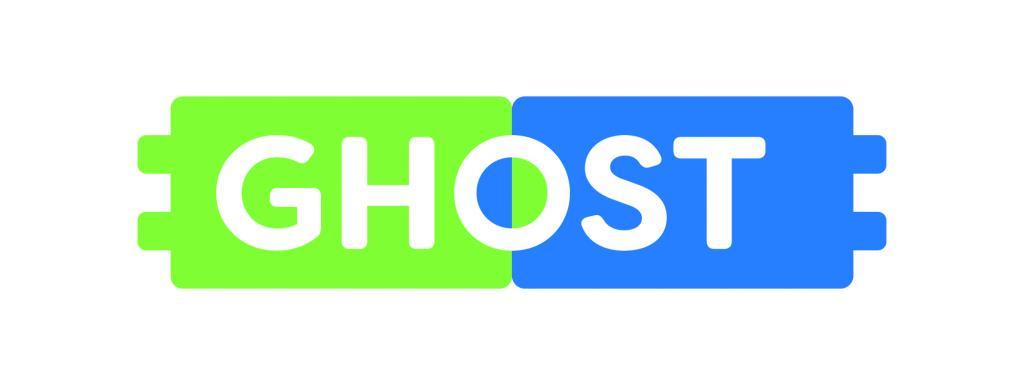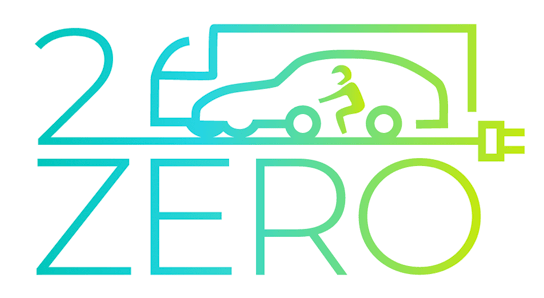GHOST
InteGrated and PHysically Optimised Battery System for Plug-in Vehicles Technologies

- Framework: Horizon 2020
- Type: IA
- Status: Ongoing
- Category: Electrification (FEV/PHEV)
- End Date: 31/03/2021
- Vehicles: Passenger cars
The GHOST project addresses all the H2020 topic GV-06-2017 aspects including also important contributions on the innovative Dual Battery System (DBS) architecture based on next generation of battery technologies (i.e. Li-S) and its impact on the reduction of complexity of the E/E architecture, improvement of energy density, efficiency, safety, scalability, modularity, and cost reduction.
The activity proposed will be conducted by a thirteen member consortium belonging to 7 EU MS representing all requested competencies in the field of Battery Systems (BS), their thermal management, integration and safety for automotive applications (OEMs (EUCAR), suppliers (CLEPA), Engineering and Technology Organisations and universities (EARPA) including members of ERTRAC and EGVIA).
The main objectives of the GHOST project are:
- Design of novel modular BS with higher energy density up to 20% based on the SoA of Li-ion battery cells through:
- Implementation of advanced light and functionalized housing material
- Innovative, modular, energy/cost efficient thermal management architectures and strategies
- Increase of the BS energy density up to 30% based on novel DSB Concept compared to SoA BS based on Li-ion technology
- Development of mass producible innovative and integrated design solutions to reduce the battery integration cost at least by 30% through smart design
- Definition of new test methodologies and procedures to evaluate reliability, safety and lifetime of different BS
- Design of novel prototyping, manufacturing and dismantling techniques for the BS
- Evaluation of 2nd life battery potential, applications and markets
- Demonstration of GHOST solutions in two demonstrators (BEV bus with superfast charge capability and PHEV) and one lab demonstrator (module level) for the post Lithium-Ion technology
- Technologies developed in the Project will be ready for first market introduction from 2023 and have a strong impact on the e-chargeable vehicles performance increase.

